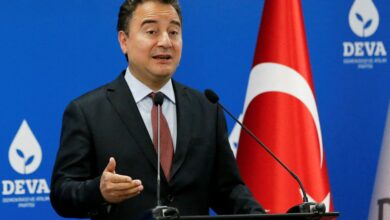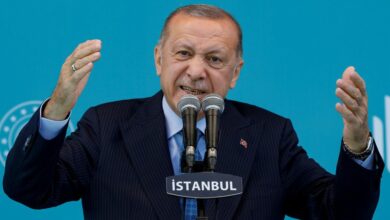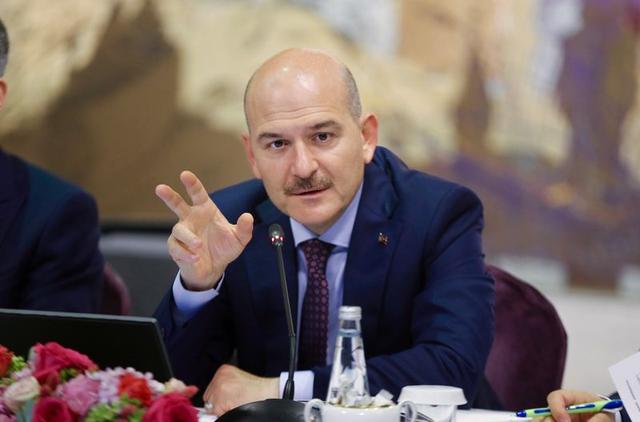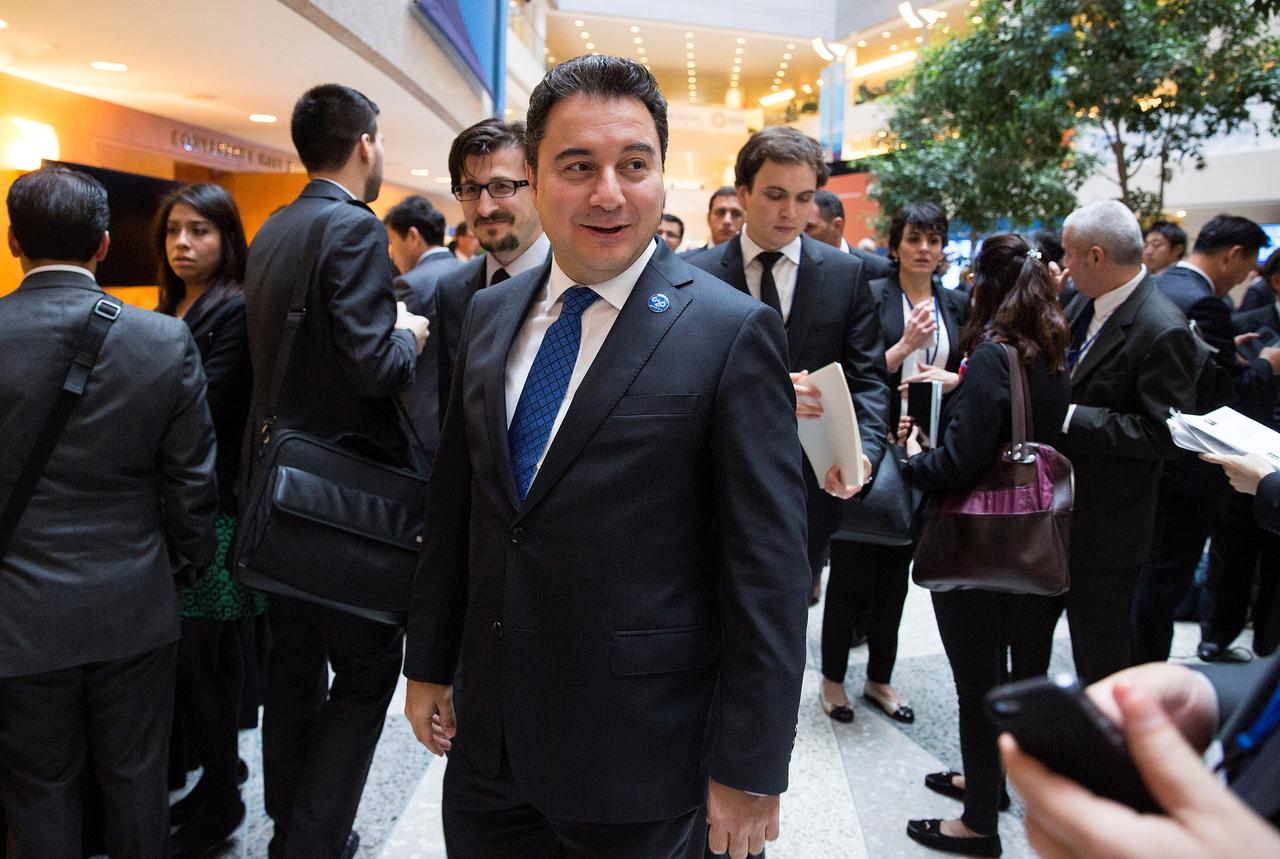
Turkey's incoming prime minister said on Sunday his top priority was to deliver a new constitution to create an executive presidency, giving President Tayyip Erdogan the broad powers he has long sought.
As delegates from the ruling AK Party unanimously elected Transport Minister Binali Yildirim as their new party leader, and therefore the next premier, Yildirim left no doubt that he would prioritize the policies closest to Erdogan's heart.
An ally of Erdogan for two decades, the 60-year-old was the sole candidate at the special congress, called after Ahmet Davutoglu said he would step down this month, following weeks of public tension with Erdogan.
Yildirim said in a speech a new constitution was necessary to legitimize the existing situation, in what appeared to be a tacit acknowledgment that Erdogan has been gone beyond the presidency's traditionally ceremonial role.
"The most important mission we have today is to legalize the de facto situation, to bring to an end this confusion by changing the constitution," he said. "The new constitution will be on an executive presidential system."
A total of 1,411 delegates voted, with 1,405 of those votes declared valid. Yildirim won all of the valid votes.
A co-founder with Erdogan of the AKP, Yildirim has been the driving force behind major infrastructure projects in Turkey which were one of the pillars of the party's electoral successes during its first decade in power.
He has been seen as someone who will help pursue two of Erdogan's biggest priorities – the executive presidency and the fight against militants of the outlawed Kurdistan Workers Party (PKK) in the largely Kurdish southeast.
"They are asking us when the anti-terror operations will end. I am announcing hereby that the operations will end when all our citizens are safe," Yildirim said in an emotional speech.
"Operations will continue without pause until the bloody-handed terrorist organization PKK ends its armed actions."
Executive presidency
Erdogan and his supporters see an executive presidency, akin to the system in the United States or France, as a guarantee against the fractious coalition politics that hampered the government in the 1990s.
His opponents, including some skeptics within the AKP, say he is merely furthering his own ambition.
"If they can succeed, this will be a transition period for the executive presidency," journalist Abdulkadir Selvi, who is seen as close to AKP, told Reuters.
"The presidency issue will be on top of the agenda."
For investors, the key point will now be the future of Deputy Prime Minister Mehmet Simsek, seen as one of the remaining anchors of market confidence.
Erdogan, who favors consumption-led growth, has repeatedly railed against high interest rates in Turkey, saying they cause inflation, a stance at odds with mainstream economics.
Without Simsek, investors fear, it will be less likely that the government will deliver on promises to liberalize the labor market, encourage savings and bring in more private investment.
Yildirim was elected as a deputy for Istanbul in November 2002 when the AKP won its first election. He was appointed transport, maritime and communications minister, a post he then almost continuously held in successive governments.
His ties to Erdogan date back to the 1990s when Yildirim, educated in shipbuilding and marine sciences, was in charge of a high-speed ferry company in Istanbul, where Erdogan was mayor.




